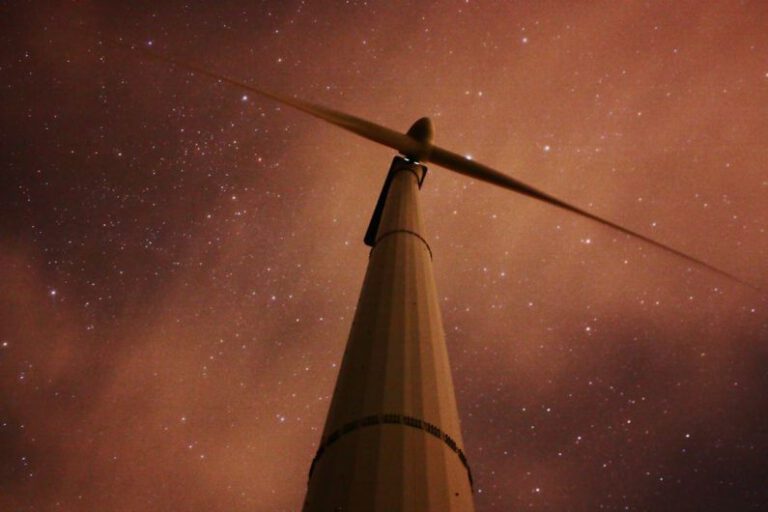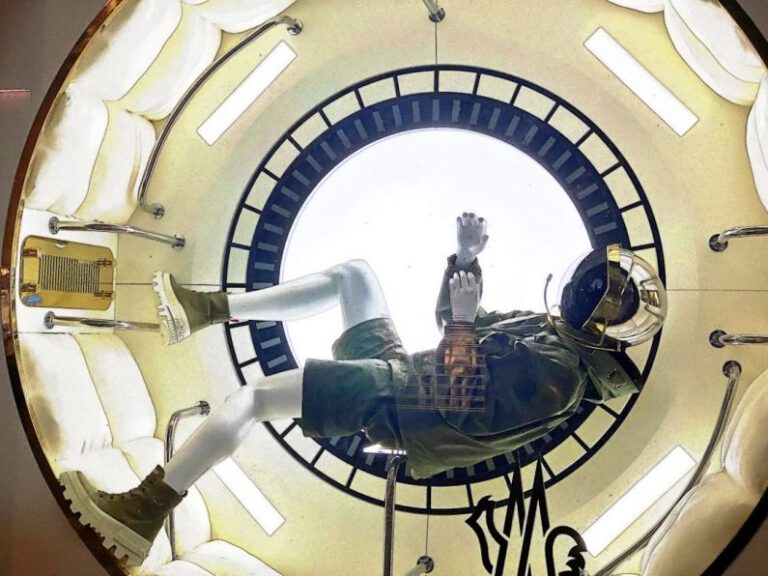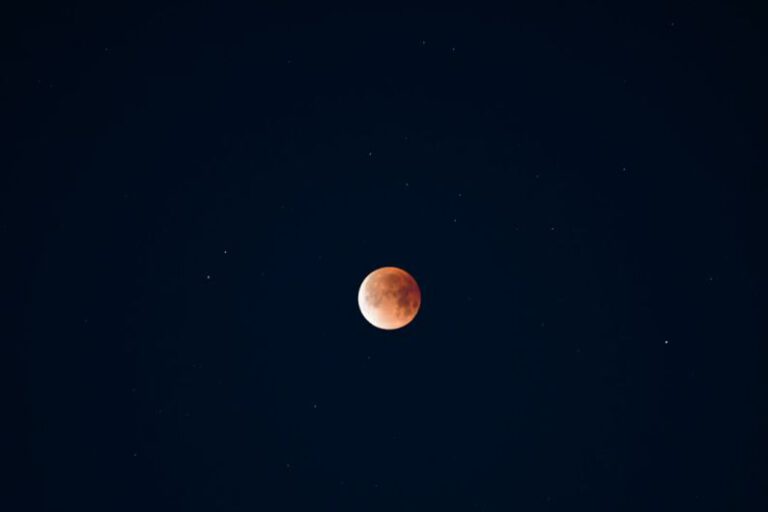Venus Cloud Cities: a High-altitude Solution
**Venus Cloud Cities: A High-altitude Solution**
Imagine a world where humanity has established thriving settlements not on distant planets, but in the clouds of Venus. This seemingly far-fetched idea might not be so unrealistic after all. As scientists and engineers continue to explore the possibilities of space colonization, the concept of Venus cloud cities has emerged as a potential high-altitude solution for human habitation beyond Earth. In this article, we will delve into the feasibility and benefits of establishing cloud cities on Venus, shedding light on the innovative technology and bold vision required to make this concept a reality.
**The Harsh Environment of Venus**
Venus, often referred to as Earth’s evil twin, presents a challenging environment for human exploration. With surface temperatures soaring above 800 degrees Fahrenheit and atmospheric pressures that are 92 times greater than that of Earth, setting foot on the Venusian surface would be a death sentence for any human. However, approximately 30 miles above the surface of Venus lies a more hospitable zone in the planet’s atmosphere, where temperatures and pressures are comparable to those on Earth. It is in this high-altitude region that the concept of Venus cloud cities takes shape.
**The Concept of Cloud Cities**
The idea of establishing cloud cities on Venus involves deploying floating habitats that would remain aloft in the planet’s dense carbon dioxide atmosphere. These cities would be suspended by specially designed balloons or aerostats that provide buoyancy and stability in the Venusian atmosphere. Unlike traditional space habitats that orbit planets or moons, cloud cities would offer a unique opportunity for long-term human habitation within a planetary atmosphere.
**Advantages of Cloud Cities on Venus**
One of the main advantages of Venus cloud cities is the proximity to Earth. Venus is the closest planet to our own, making it a more accessible target for human colonization compared to distant planets like Mars. The short travel distance to Venus would reduce the logistical challenges and costs associated with transporting supplies and personnel to and from the planet.
Additionally, the Venusian atmosphere offers abundant resources that could be utilized by cloud city inhabitants. Carbon dioxide, nitrogen, and sulfuric acid present in the atmosphere could be harvested and processed to produce breathable air, water, and other essential resources needed to sustain human life. This self-sufficiency would reduce the dependency on regular shipments from Earth, making cloud cities more resilient and sustainable in the long run.
**Challenges and Considerations**
Despite the potential benefits of Venus cloud cities, several challenges must be overcome to realize this ambitious vision. The corrosive nature of the Venusian atmosphere poses a significant engineering challenge, requiring the development of materials and technologies that can withstand the harsh conditions. Furthermore, the extreme temperatures and high winds in the upper atmosphere of Venus would necessitate advanced thermal control systems and structural design to ensure the safety and comfort of inhabitants.
Another consideration is the need for a closed-loop life support system that can efficiently recycle resources within the cloud city. Waste management, water recycling, and food production would all need to be carefully planned and integrated to create a sustainable living environment in the Venusian clouds.
**The Future of Venus Cloud Cities**
As humanity continues to push the boundaries of space exploration, the concept of Venus cloud cities represents a bold and visionary approach to establishing human settlements beyond Earth. While many technological and logistical challenges lie ahead, the potential benefits of cloud cities on Venus could pave the way for a new era of space colonization. By harnessing the resources and unique environment of Venus, we may one day see floating habitats suspended in the clouds, serving as a testament to human ingenuity and determination in the quest for interplanetary exploration.






